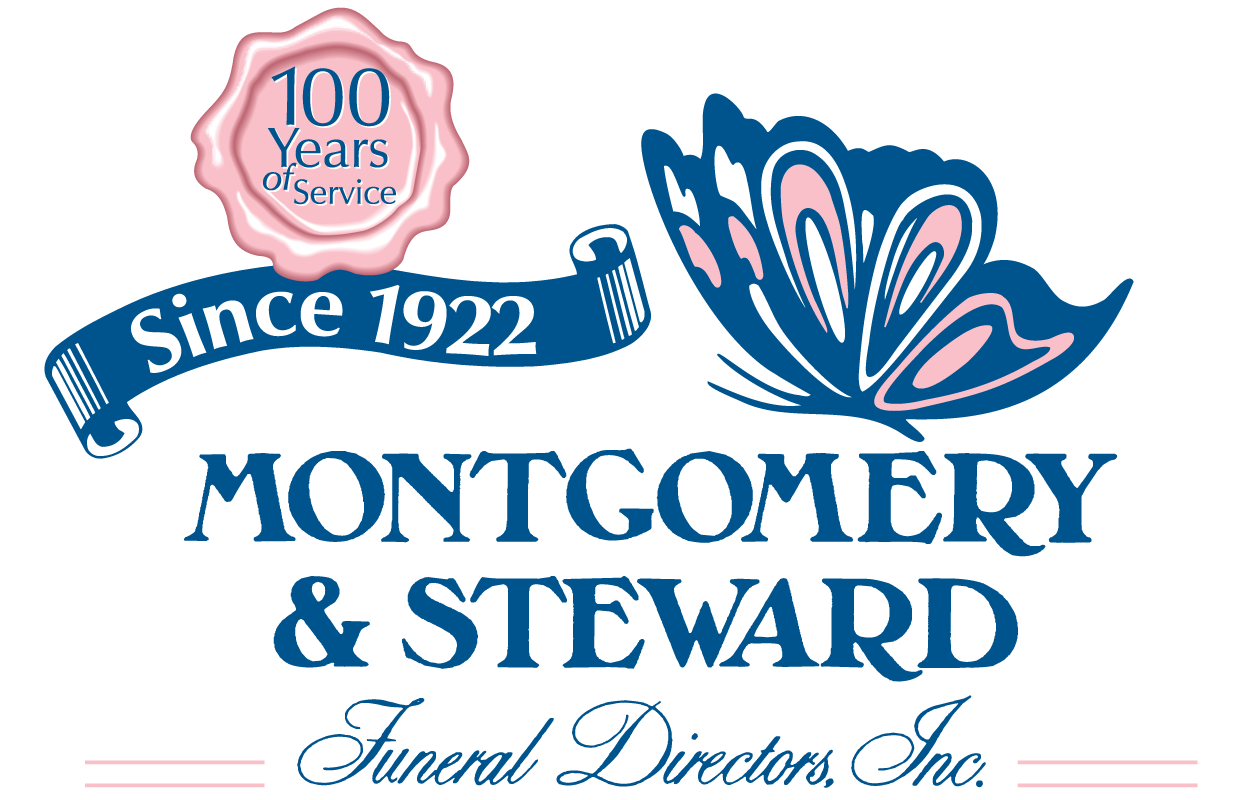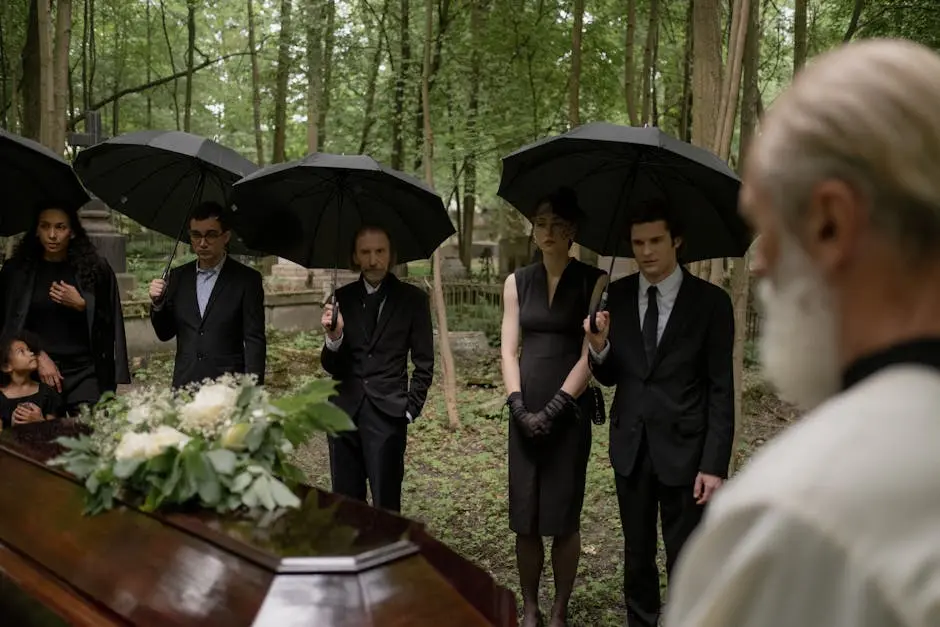Planning a funeral can be one of the most challenging tasks a family faces during a difficult time. With so many details to think about, it’s important to ask the right questions to ensure you’re making informed decisions for your loved one. In this guide, we’ll explore ten essential questions that will help you navigate the process of family funeral care in Pueblo with confidence and ease.
1. What Are the Available Funeral Options?
Understanding the different types of funeral services can help you decide what fits your family’s needs best. From traditional burial services to cremation and memorial celebrations, every option offers a unique way to honor a loved one. It’s crucial to consider what aligns with your family’s beliefs and values.
Additionally, exploring alternative arrangements like green burials or life celebrations can beautifully commemorate your loved one’s legacy. This exploration isn’t just about logistics; it’s about finding a service that reflects the essence of the individual being honored. Engaging with a funeral director can provide clarity on these options, giving you room to express your family’s desires.
2. How Much Should We Budget?
Discussing the financial aspects will ensure that you stay within your means while honoring your loved one’s wishes. Budgeting can be an awkward conversation to have, but approaching it openly can alleviate stress later on. Start by considering what feels feasible for your family and what elements of the funeral are most important to prioritize.
It’s also wise to ask funeral homes about their pricing structures upfront. Different packages and itemized services can help you understand where you might save and where additional investment might be necessary for dignity and respect. With clarity on what each option costs, you can feel more empowered in your decisions.
3. What Is Included in the Funeral Package?
Clarifying what services and items are included can prevent unexpected costs and help with your planning. Each funeral home may offer different packages, which can vary widely, so it’s important to get a detailed breakdown. For instance, some packages may include transportation and embalming, while others may not.
Additionally, ask about any extra fees that may arise. Are there charges for weekend services or costs associated with specific requests? Being well-informed will help ensure you stay true to your budget while honoring your loved one’s wishes in the way they deserve.
4. Are There Personalization Options Available?
Finding out how you can personalize the service will help you create a meaningful tribute. Personalization can range from special music selections and floral arrangements to video tributes and unique ceremony themes. These elements can make the service feel unique and tailored, reflective of the person’s life and their impact on those they loved.
Engaging your family in these decisions can foster a sense of ownership in the planning process. Share ideas and gather input on what touches will resonate most with everyone. Remember, this is a celebration of life, and the more personal touches you can incorporate, the more special the remembrance will be.
5. What Role Will Family and Friends Play?
Involving those close to you can help ease the planning process and make the service more personal. It’s natural for family and friends to want to support one another during this time, so inviting participation can be both comforting and practical. Consider assigning specific tasks, like coordinating music, reading tributes, or arranging food.
This collaborative approach not only spreads the workload but also makes the service richer, as everyone brings their own memories and insights. You may find that friends of the deceased might want to contribute something special to the service, allowing them to express their grief in a meaningful manner.
6. What Legal Requirements Do We Need to Consider?
Understanding the legal aspects, such as permits and death certificates, will streamline the process. Many families overlook these essentials, yet they are crucial for a smooth operation. Checking what documentation is required for your specific needs can save headaches later on.
It’s also beneficial to inquire if the funeral home assists with these legal matters. Many provide services to secure the necessary permits and manage paperwork on your behalf. This can lift a significant burden off your shoulders during a time that’s already emotionally taxing.
7. Can We Tour the Facility?
Visiting the funeral home can help you feel more comfortable and confident in your choices. Seeing the space where your loved one will be honored can bring peace of mind and allow you to visualize the service. It’s also a chance to meet the staff and gauge their approach and empathy in handling your situation.
When you tour the facility, pay attention to how you feel in the space. Does it feel welcoming? Are there options for personalization in terms of decor and layout? These factors can play a significant role in how you and your family experience the event.
8. What Support Services Are Offered?
Learning about grief support and counseling services can be helpful for the family during this difficult time. Many funeral homes offer access to resources, including grief support groups or professional counselors who specialize in loss. This can be an invaluable aspect of your funeral care journey.
Connecting with others who understand your pain can foster healing. Inquire about these services when planning; it’s essential to know what’s available not only for the immediate aftermath but for the ongoing emotional care your family might need.
9. How Do We Communicate Our Wishes?
Effective communication with the funeral director ensures that your wishes are clearly understood and executed. Without clear dialogue, details can easily be overlooked amidst the stress of planning. Prepare notes on your desires and expectations before your meetings, which can help in articulating your vision clearly.
This is also an opportunity to ask questions regarding any concerns you might have. A good funeral director will be patient and take the time needed to ensure you feel heard and understood, ensuring everything aligns with your family’s wishes.
10. What Are Our Options for Memorialization?
Exploring options for memorialization will allow you to honor your loved one’s memory in a meaningful way. This could involve traditional headstones, planting trees, or even creating an online memorial page. Each option serves a different purpose, and what’s important is finding something that reflects the uniqueness of your loved one.


